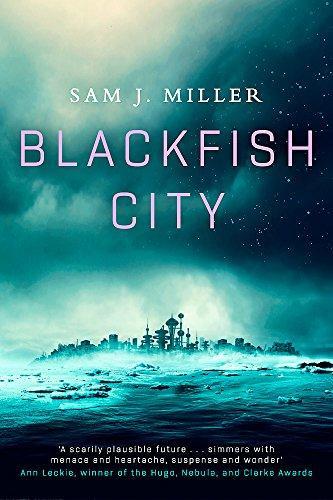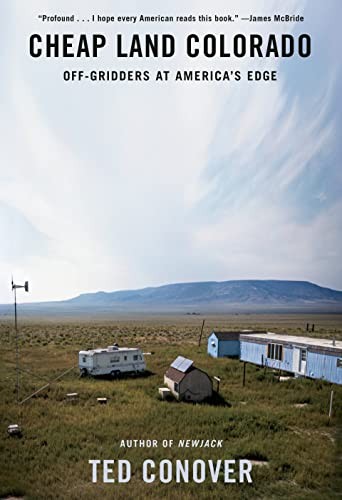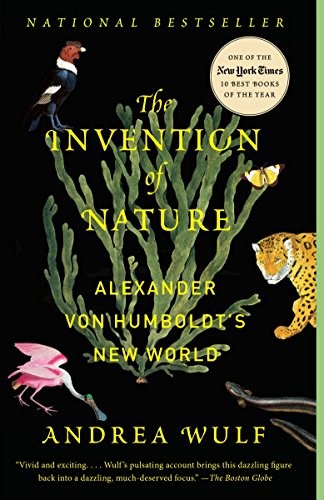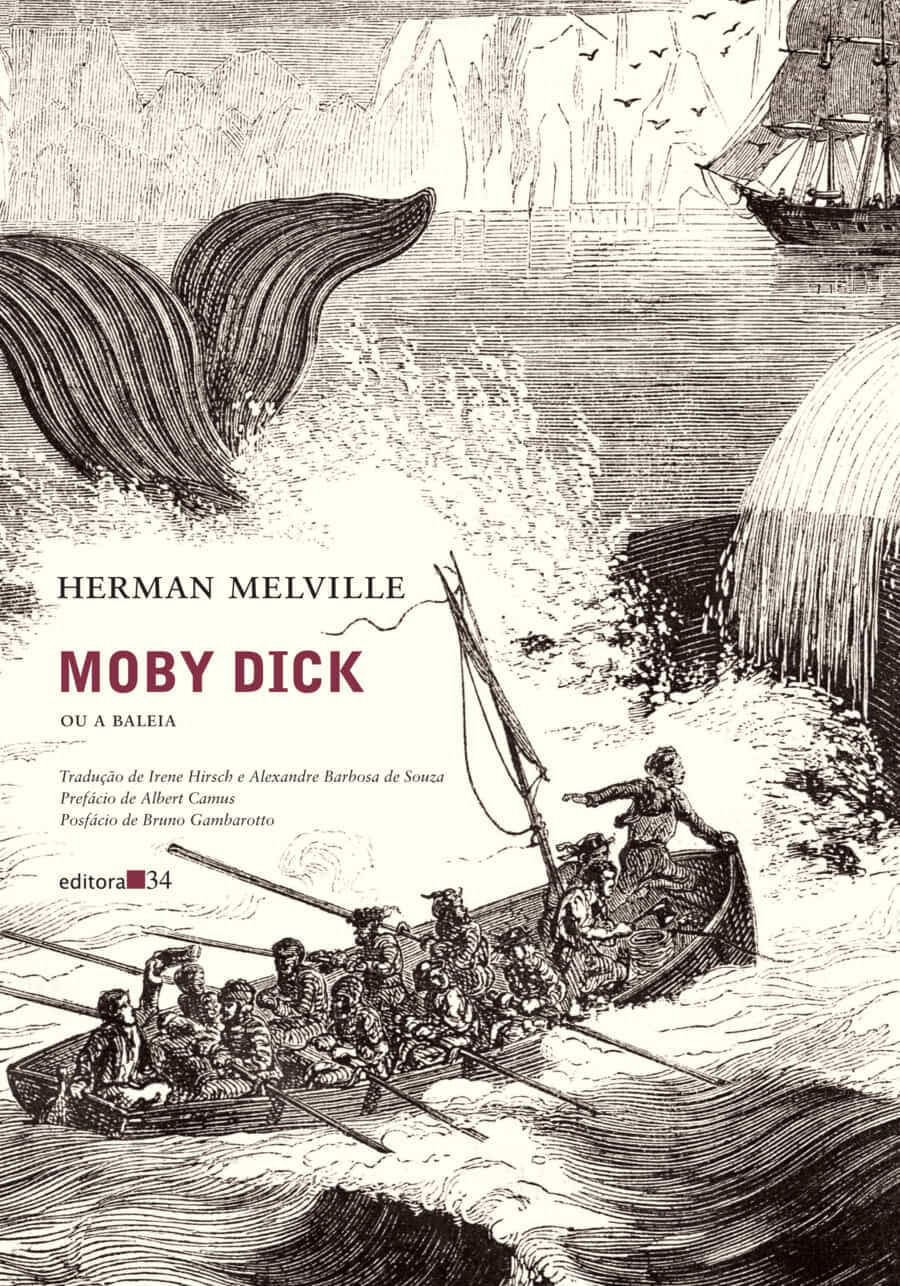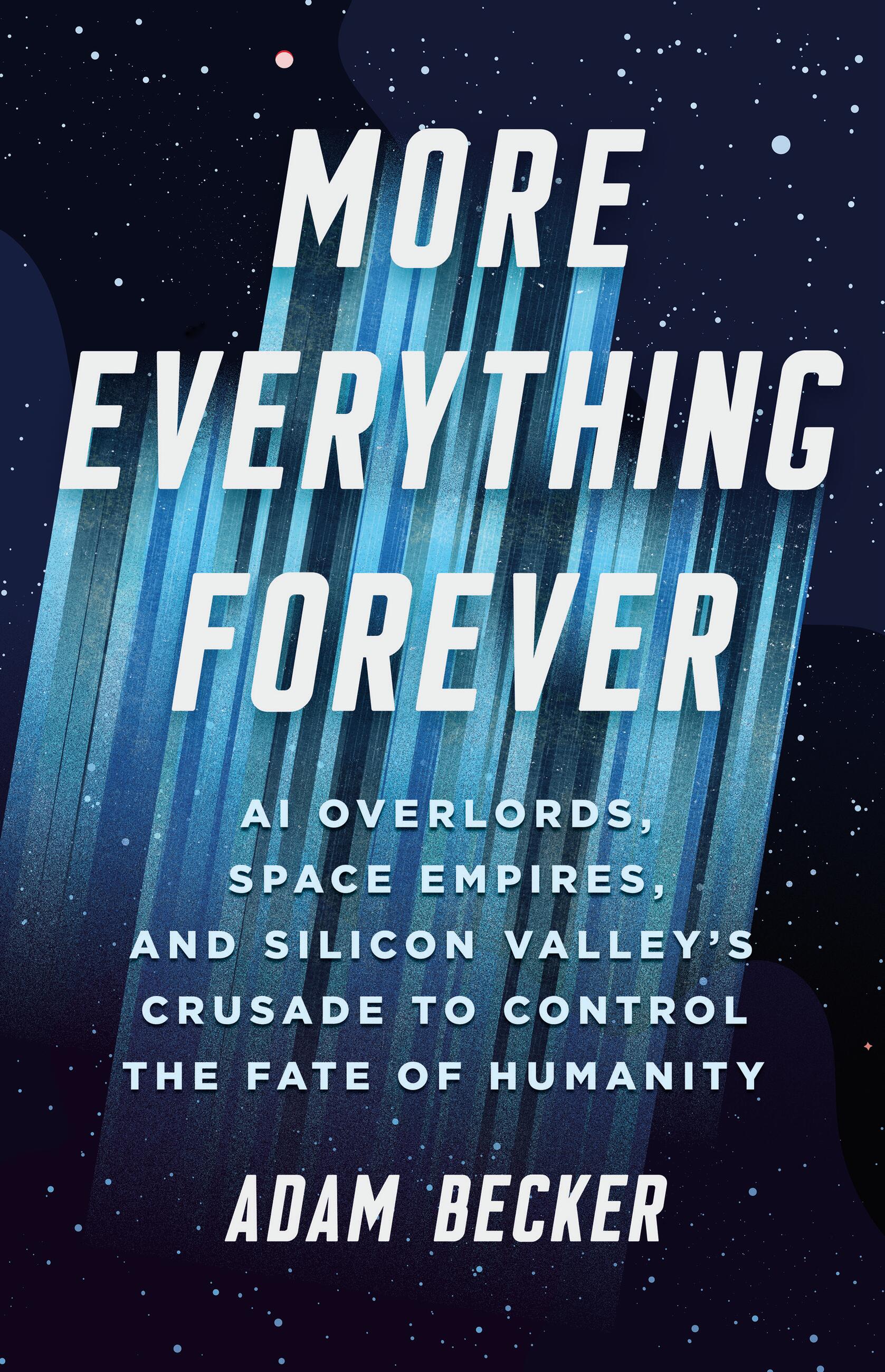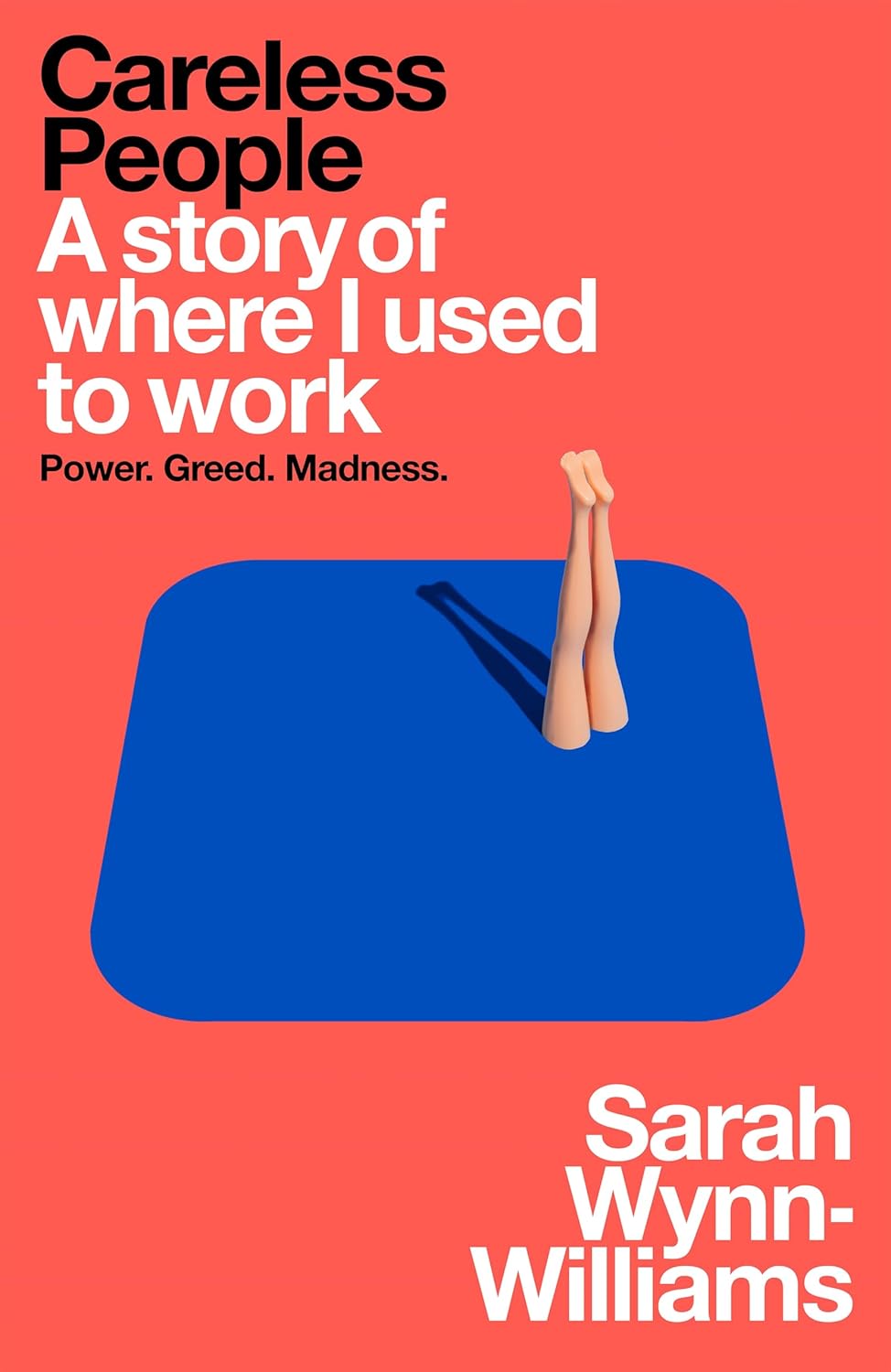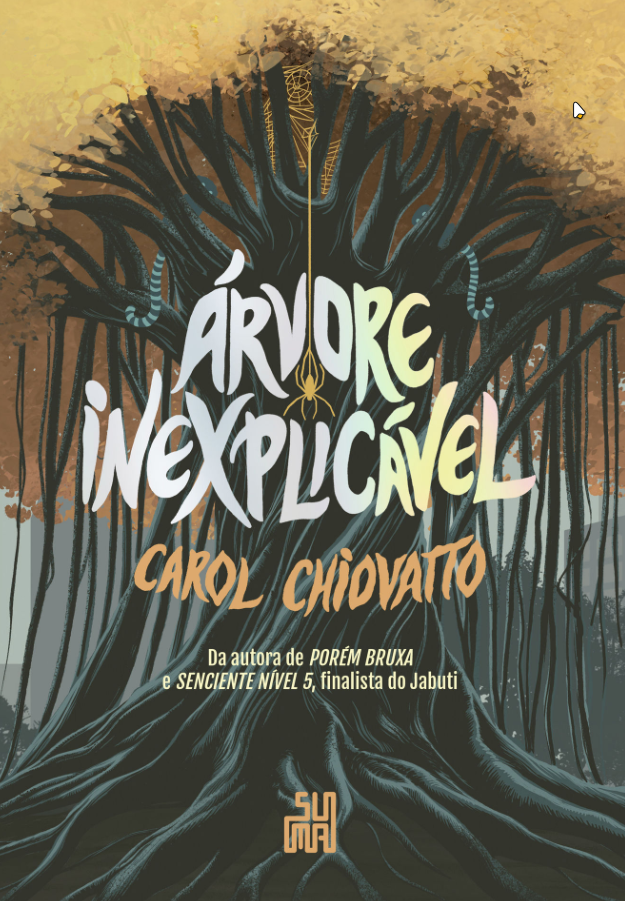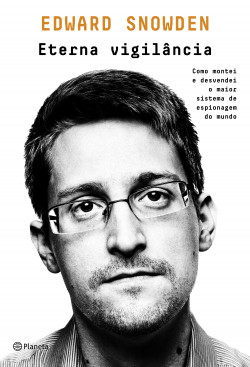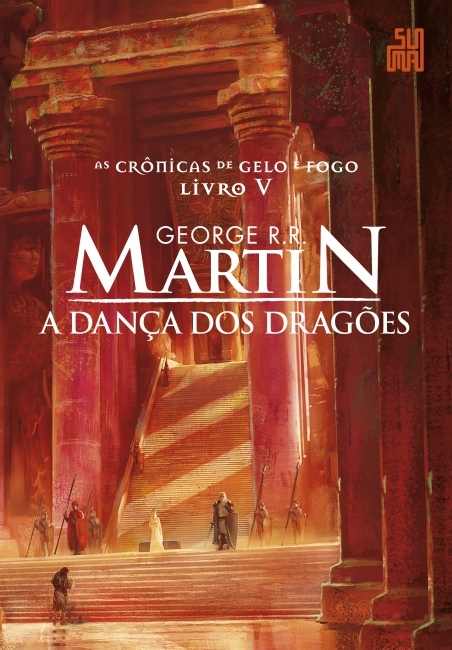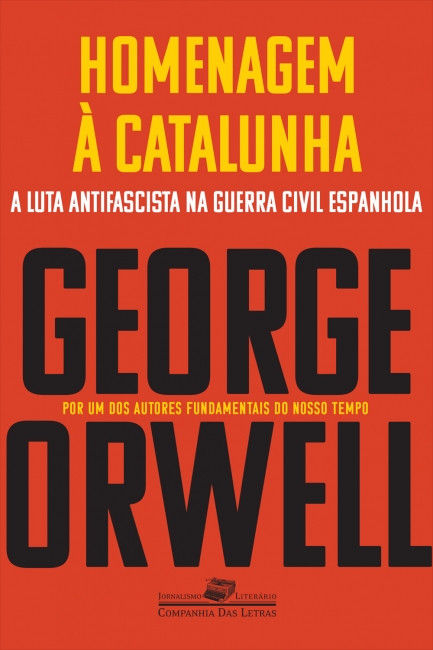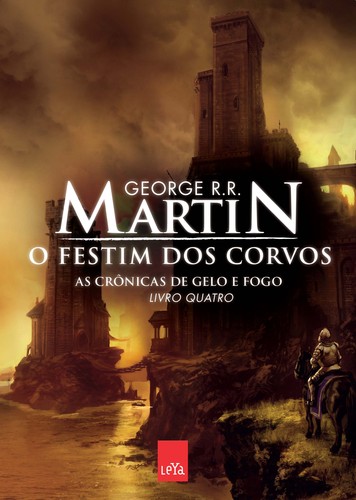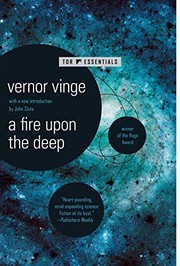sol2070 reviewed Eterna Vigilância by Edward Snowden
Thriller da vida real envolvente como poucos
5 stars
( sol2070.in/2025/06/livro-snowden-eterna-vigilancia/ )
Apesar do interesse no tema, fui ler só agora Eterna Vigilância (2019, 288 pgs), em que o próprio Edward Snowden conta sobre a vigilância online massiva ilegal que descobriu nos serviços de inteligência dos EUA.
Um dos motivos porque não tinha lido é que imaginava que seu objeto poderiam ser tecnologias defasadas, já que se passa no início da década de 2010. Engano.
Na verdade, é mais assustador até: se há 15 anos, uma vigilância tão granular e invasiva já estava em plena operação, imagine agora, com a onipenetração big tech e sua agenda de extrema-direita.
Um dos programas, o PRISM, escaneava palavras-chave em tudo o que as pessoas faziam online. Como “bomba”, “protesto” etc. Ao detectá-las, infectava automaticamente os computadores e celulares dos alvos com malware, ganhando total controle sobre os dispositivos e transformando-os em aparelhos de escuta em tempo real.
A NSA dos EUA diz …
( sol2070.in/2025/06/livro-snowden-eterna-vigilancia/ )
Apesar do interesse no tema, fui ler só agora Eterna Vigilância (2019, 288 pgs), em que o próprio Edward Snowden conta sobre a vigilância online massiva ilegal que descobriu nos serviços de inteligência dos EUA.
Um dos motivos porque não tinha lido é que imaginava que seu objeto poderiam ser tecnologias defasadas, já que se passa no início da década de 2010. Engano.
Na verdade, é mais assustador até: se há 15 anos, uma vigilância tão granular e invasiva já estava em plena operação, imagine agora, com a onipenetração big tech e sua agenda de extrema-direita.
Um dos programas, o PRISM, escaneava palavras-chave em tudo o que as pessoas faziam online. Como “bomba”, “protesto” etc. Ao detectá-las, infectava automaticamente os computadores e celulares dos alvos com malware, ganhando total controle sobre os dispositivos e transformando-os em aparelhos de escuta em tempo real.
A NSA dos EUA diz ter desativado essa vigilância massiva ativa, após o escândalo. Só que eram negações exatamente como essa que eram dadas, antes das revelações. “Não existe nenhum programa de vigilância”, “Governos e corporações não têm como fazer isso”, “É ficção científica distópica” etc.
A capa da edição brasileira (li a versão em inglês) tem um subtítulo exagerado: “Como montei e desvendei o maior sistema de espionagem do mundo”. Snowden não montou o sistema. Era administrador de sistemas em diversas unidades da CIA e NSA, na maioria das vezes, terceirizado. Ao ver sinais da completa invasão de privacidade, dentro e fora dos EUA, começou a fuçar por conta própria. Reuniu provas, fugiu (abandonando a noiva, família e amizades) e entregou tudo para jornalistas. Hoje, vive como asilado político na Rússia, sendo procurado internacionalmente por revelar segredos de segurança nacional.
É um thriller da vida real envolvente como poucos. Li em três dias, sendo que costumo consumir não ficção em ritmo muito mais lento.
Vi o filme de Oliver Stone Snowden (2016) há uns anos e, apesar de irregular, não é ruim. Ele é baseado em outros livros sobre o caso. Mas Eterna Vigilância é muito mais interessante. Entra fundo, por exemplo, nos dilemas morais e convicções de Snowden, sua formação com zines hackers na infância, além do clímax no heist final quando rouba os dados e foge.
Do ponto de vista tecnológico, pode ser um pouco decepcionante para pessoas mais técnicas. Como é um livro para o público leigo, evita aprofundar demais esses detalhes. Mas também não faltam considerações técnicas mais amplas.
